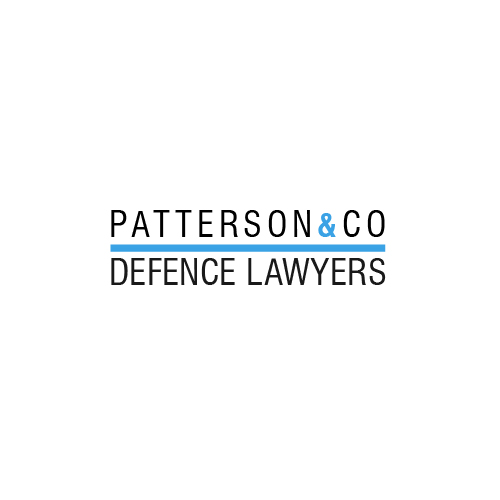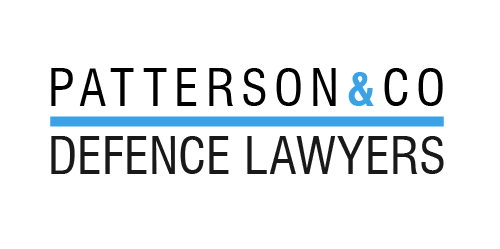Helmet Laws and Safety Gear: Legal Requirements for Motorcyclists
Wearing a helmet and appropriate safety gear is crucial for the safety of motorcyclists. In Scotland, there are specific legal requirements regarding helmet use and recommendations for other safety gear. This article provides an overview of helmet laws, the importance of safety gear, and the legal implications of non-compliance.
Helmet Laws for Motorcyclists in Scotland
In Scotland, wearing a helmet is mandatory for all motorcyclists and their passengers. Key points of the helmet law include:
- Approved Helmets: Helmets must meet British safety standards. Look for helmets that are approved under the British Standard (BS 6658:1985) and carry the BSI Kitemark, or those that comply with UNECE Regulation 22.05.
- Proper Fit and Condition: Helmets must be properly fitted and fastened securely. They should be in good condition, without any significant damage or wear.
- Visors and Goggles: If a helmet is equipped with a visor, it must comply with safety standards. Goggles used as an alternative must also meet approved standards to ensure clear vision and impact protection.
Importance of Wearing a Helmet
Wearing a helmet is the most effective way to protect against head injuries in the event of an accident. Key benefits include:
- Protection Against Head Injuries: Helmets significantly reduce the risk of severe head injuries and fatalities. They provide a protective barrier that absorbs impact forces.
- Compliance with the Law: Adhering to helmet laws is essential to avoid legal penalties and ensure personal safety.
- Enhanced Visibility: Some helmets come with reflective elements that increase visibility to other road users, reducing the risk of collisions.
Legal Consequences of Non-Compliance
Failing to wear a helmet can result in severe legal and financial consequences:
- Fines: Motorcyclists caught riding without a helmet can be fined. The amount of the fine varies but can be substantial.
- Penalty Points: Riders may receive penalty points on their driving license, which can accumulate and lead to license suspension or revocation.
- Increased Liability: In the event of an accident, not wearing a helmet can increase personal liability for injuries sustained. It may also impact insurance claims and compensation.
Recommended Safety Gear for Motorcyclists
In addition to helmets, wearing other safety gear is highly recommended to enhance protection:
- Protective Clothing: Wear abrasion-resistant clothing, such as leather jackets and pants or specially designed motorcycle gear. Look for gear with CE-approved armor for additional impact protection.
- Gloves: Wear gloves to protect hands from abrasions and impacts. Gloves should be sturdy, well-padded, and offer a good grip.
- Boots: Use sturdy, ankle-high boots that provide support and protection. Boots should have non-slip soles and be designed for motorcycle riding.
- Visibility Gear: Increase visibility by wearing brightly colored or reflective clothing and accessories. This helps other road users see you more easily, especially in low-light conditions.
Conclusion
Adhering to helmet laws and wearing appropriate safety gear is crucial for the safety and legal compliance of motorcyclists in Scotland. By understanding and following these regulations, riders can protect themselves from severe injuries and avoid significant legal consequences.
For expert legal advice and assistance related to motorcycle safety gear, traffic violations, and other issues affecting motorcyclists, Patterson & Co. offers comprehensive legal services tailored to your needs. If you encounter legal challenges or need support, contact us at 01463 418 277 for professional legal guidance.
For further information try:


